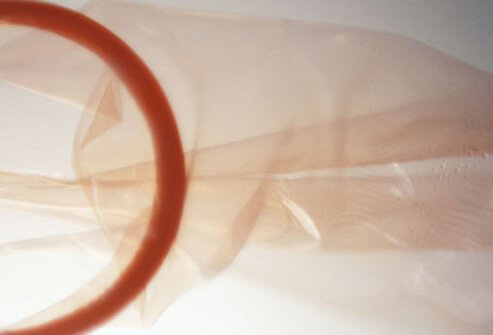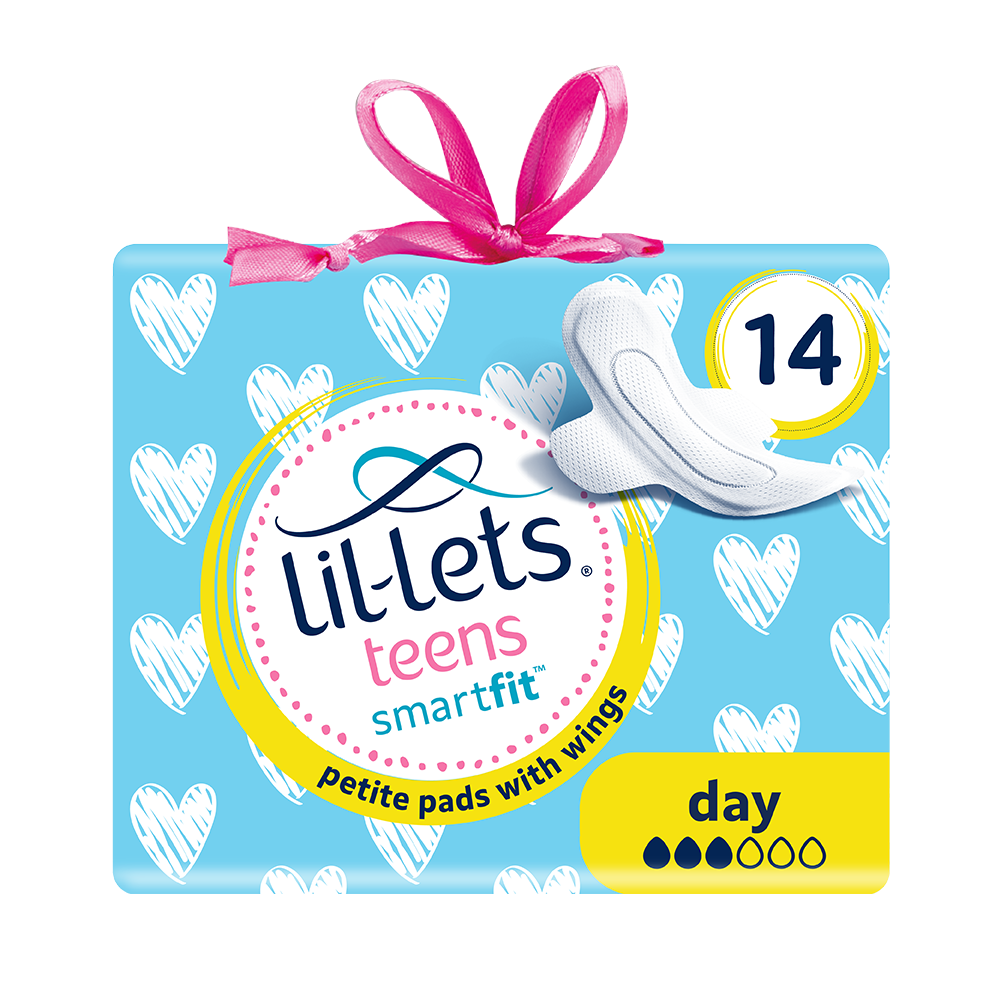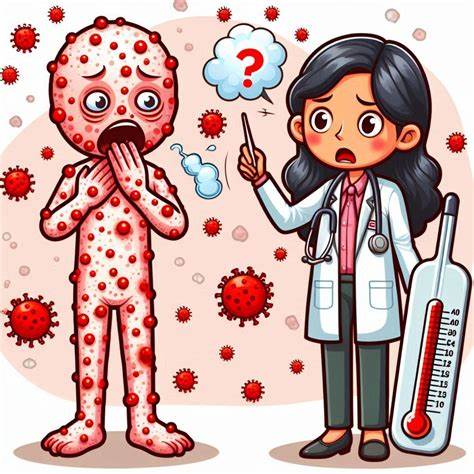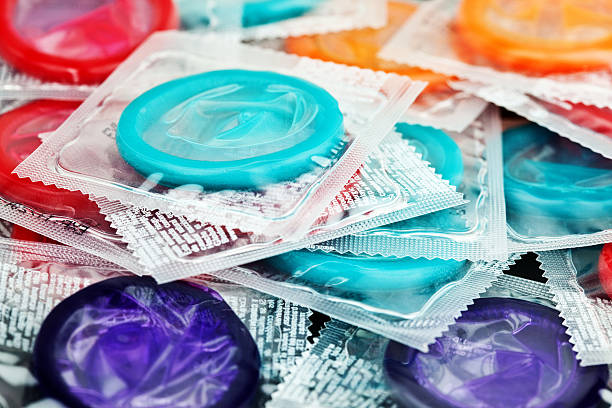Condoms
Effectiveness of condoms in preventing sexually transmitted infections (STIs):
Overview:
- Condoms, when used correctly and consistently, are safe and highly effective in preventing:
- Transmission of sexually transmitted infections, including HIV.
- Unplanned pregnancies.
- They are the only contraceptive method that can prevent both pregnancy and STIs.
- Condoms are safe, inexpensive, and widely available.
- Types of Condoms:
- External (Male) Condoms:
- Sheaths or coverings that fit over a man’s erect penis before penetration.
- Internal (Female) Condoms:
- Sheaths or linings that fit loosely inside the vagina before penetration.
- External (Male) Condoms:
- Lubricants:
Personal lubricants (lube) enhance condom effectiveness:
- Reduce the risk of condom breakage, slippage, or falling off.
- Increase protection against unintended pregnancy and most STIs, including HIV.
- Water- or silicone-based lubes are recommended.
- Avoid using kitchen oil, butter, or hand lotion, as they may cause condom breakdown.
- Lubricants improve sexual satisfaction during vaginal and anal sex.
- Effectiveness:
- Correct and consistent condom use significantly reduces the risk of STIs during:
- Vaginal, oral, and anal sex.
- Very few pregnancies or infections occur due to slips or breaks.
- When used consistently and correctly:
- External condoms are 98% effective at preventing pregnancy.
- Internal condoms are also effective.
- Remember, the risk is highest when condoms are not used properly with every act of sex.
- Correct and consistent condom use significantly reduces the risk of STIs during:
The Limits of Condoms

Condoms can prevent the spread of some STDs, but they aren't 100% effective. They are less effective at protecting against herpes, syphilis, and genital warts since these STDs can be transmitted by contact with skin lesions that are not covered by a condom. Condoms also do not protect against crabs and scabies infestations.
In summary, condoms are a reliable choice for both contraception and STI prevention. If used correctly, they offer essential protection. If you have any concerns, consult a sexual health clinic or healthcare provider. Stay informed and take care!




















Comments